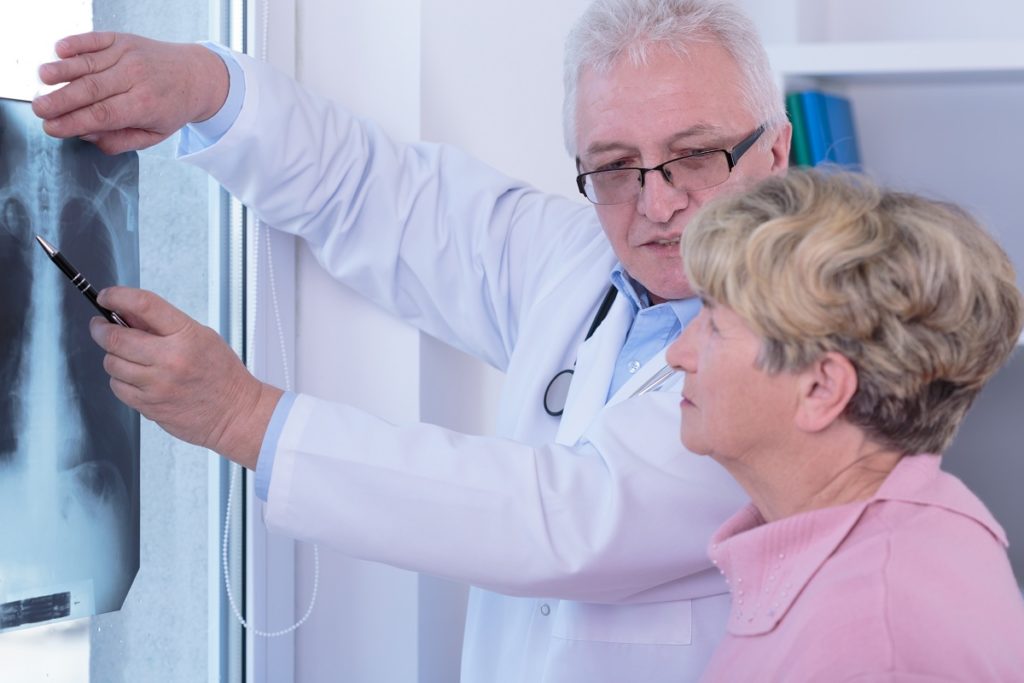Taking care of a loved one suffering from chronic obstructive pulmonary disease (COPD) could be extremely tough, particularly during the end-of-life stage. As your loved one’s condition progresses, his quality of life will also diminish, while his caregiver’s responsibilities become more and more challenging.
Thankfully, there are certain ways that can help COPD end-of-life care more manageable for you and more comfortable for your loved one.
Caregiver Duties During End-of-Life COPD
During COPD’s late stages, shortness of breath is usually the hardest symptom to address for everyone involved. The top priority is to make your loved one feel better by breathing more easily. Plenty of medications can help manage breathing issues and reduce the anxiety of patients because of their inability to breathe easily.
The most effective treatment for shortness of breath during COPD’s end stages is low-dosage morphine, pulmonary rehabilitation and oxygen therapy. Pulmonary rehabilitation involves COPD education, nutritional and psychological counseling, and if possible, exercise training.
Although these might not be enough to increase your loved one’s longevity significantly, they could enhance his quality of life. But family members and caregivers require proper care in this difficult time as well, and you need to know that it is perfectly fine to get help, such as outsourcing cleaning, cooking and other chores, and considering palliative care in Indiana.
What to Expect With COPD Palliative Care
In most cases, families figure out or decide too late to seek palliative care. However, it is vital to note that the earlier you seek help, the better for everyone involved. This is especially true if you and your loved one live in different cities or states and cannot care for him fulltime.
It is likewise crucial to note that getting palliative care does not equate to giving in and giving up, as its primary goal is to make your loved one’s remaining time on earth as comfortable and easy as possible. Additionally, it can also help family members and caregivers. When a professional steps in and oversee tasks such as medication and monitoring, you and your family will have more quality time to give your loved one.
Generally speaking, palliative care for COPD involves treating breathing difficulties, anxiety and depression through the use of non-drug and drug therapies. Depression and anxiety could make what you’re loved one’s going through so much worse, so it’s vital that it’s treated and managed properly.
Seeking Outside Help Is Beneficial

Outside help and support could aid caregivers, family members and patients learn to manage daily challenges and enable loved ones to turn their attention to the more meaningful elements of COPD care. Medication and other COPD therapies are the science parts, but it is the small things that can really help patients improve their quality of life.
For example, simply surprising your loved one with his favorite food no matter how unhealthy it is, or watching his favorite film together, could make a significant difference in maximizing his quality of life and reducing his pain and suffering.

